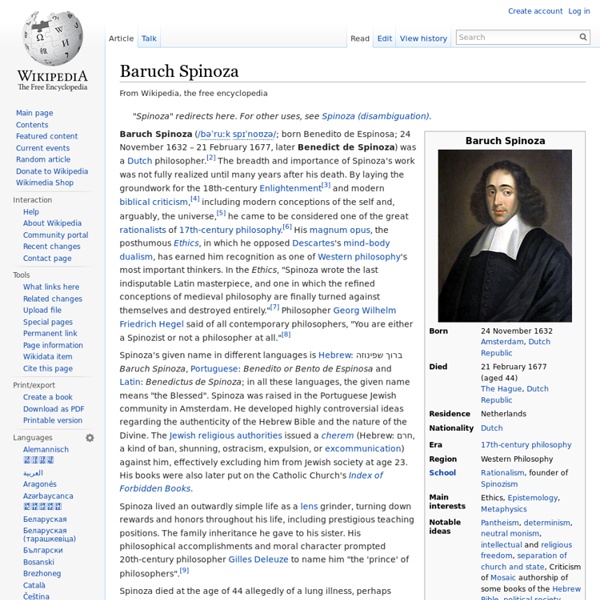Unbridled blasphemy
As I was gumming down a bowl of soup that some diet-friendly misanthropic nihilist might have invented, I noticed a banner which read, “Maybe God is the answer?” That was the message verbatim. Now, most of my regular readers know my cynicism about religion and might consider it hypocrisy that I joined a catholic university, but let’s move past that for now. Please note that this is not a slight on Christianity but on religion in general. In fact, my kind of atheism is strangely ecumenical as it unites all religions while calling them crazy.
Michel Foucault
Born in Poitiers, France to an upper-middle-class family, Foucault was educated at the Lycée Henri-IV and then the École Normale Supérieure, where he developed an interest in philosophy and came under the influence of his tutors Jean Hyppolite and Louis Althusser. After several years as a cultural diplomat abroad, he returned to France and published his first major book, The History of Madness. After obtaining work between 1960 and 1966 at the University of Clermont-Ferrand, he produced two more significant publications, The Birth of the Clinic and The Order of Things, which displayed his increasing involvement with structuralism, a theoretical movement in social anthropology from which he later distanced himself. These first three histories were examples of a historiographical technique Foucault was developing which he called "archaeology". Early life[edit]
Why “The Shawshank Redemption” has something to teach atheists
What do I do now? If you’ve read the book and/or watched the movie, The Shawshank Redemption, you no doubt recall the tragic character named Brooks. [spoiler alert] Wonderfully portrayed by actor James Whitmore, the character is, in my opinion, the most endearing of the story.
Gilles Deleuze
Gilles Deleuze (French: [ʒil dəløz]; 18 January 1925 – 4 November 1995) was a French philosopher who, from the early 1960s until his death, wrote influentially on philosophy, literature, film, and fine art. His most popular works were the two volumes of Capitalism and Schizophrenia: Anti-Oedipus (1972) and A Thousand Plateaus (1980), both co-written with Félix Guattari. His metaphysical treatise Difference and Repetition (1968) is considered by many scholars to be his magnum opus.[2] Life[edit] Deleuze was born into a middle-class family in Paris and lived there for most of his life. His initial schooling was undertaken during World War II, during which time he attended the Lycée Carnot.
On Definitions of Faith and Arguments Against It
Skeptics define "faith" differently than believers. It's hard to find a middle ground between us because we see faith differently. Here are a few skeptical definitions of faith: Mark Twain defined faith as “believing what you know ain’t true.”Sam Harris: "Faith is the license religious people give themselves to keep believing when reasons fail."In the documentary Religulous, Bill Maher said “Faith means making a virtue out of not thinking.”
Jacques Ellul
Jacques Ellul (French: [ɛlyl]; January 6, 1912 – May 19, 1994) was a French philosopher, law professor, sociologist, lay theologian, and Christian anarchist. Ellul was a longtime Professor of History and the Sociology of Institutions on the Faculty of Law and Economic Sciences at the University of Bordeaux. A prolific writer, he authored 58 books and more than a thousand articles over his lifetime, many of which discussed propaganda, the impact of technology on society, and the interaction between religion and politics. The dominant theme of his work proved to be the threat to human freedom and religion created by modern technology. Among his most influential books are The Technological Society and Propaganda: The Formation of Men's Attitudes.
101 Contradictions in the Bible. « Monicks: Unleashed
1. Who incited David to count the fighting men of Israel? * God did (2 Samuel 24: 1) * Satan did (I Chronicles 2 1:1) 2. In that count how many fighting men were found in Israel? * Eight hundred thousand (2 Samuel 24:9) * One million, one hundred thousand (I Chronicles 21:5)
Luc Boltanski
Luc Boltanski (born 1940) is a French sociologist, Professor at the École des hautes études en sciences sociales, Paris, and founder of the Groupe de Sociologie Politique et Morale, known as the leading figure in the new "pragmatic" school of French sociology.[1] His work has significantly influenced sociology, political economy and social and economic history. He is the brother of artist Christian Boltanski. Work[edit]
Bible: The Old Testament
not sure about the Analysis by JEDI1016, September 01, 2012 The section that quotes 1:27-29 relies heavily on the use of the semicolon in the passage. however this is not punctuation that exists in Hebrew and would not have been in the original. in particular its not aplicable to "man and woman he created them" because the 'them' is actually singular in Hebrew and therefor should be translated "Man and woman he created it (humanity)" so its not even the same kind of binary described in the analysis. Physicality?
Biblical Texts to Show God’s Zeal for His Own Glory
Probably no text in the Bible reveals the passion of God for his own glory more clearly and bluntly as Isaiah 48:9-11 where God says, For my name’s sake I defer my anger, for the sake of my praise I restrain it for you, that I may not cut you off. Behold, I have refined you, but not as silver; I have tried you in the furnace of affliction. For my own sake, for my own sake, I do it, for how should my name be profaned? My glory I will not give to another.
Jacques Rancière
Jacques Rancière (born 1940) is a French philosopher, Professor of Philosophy at European Graduate School in Saas-Fee and Emeritus Professor of Philosophy at the University of Paris (St. Denis) who came to prominence when he co-authored Reading Capital (1968), with the structural Marxist philosopher Louis Althusser.[1] Life and work[edit]



